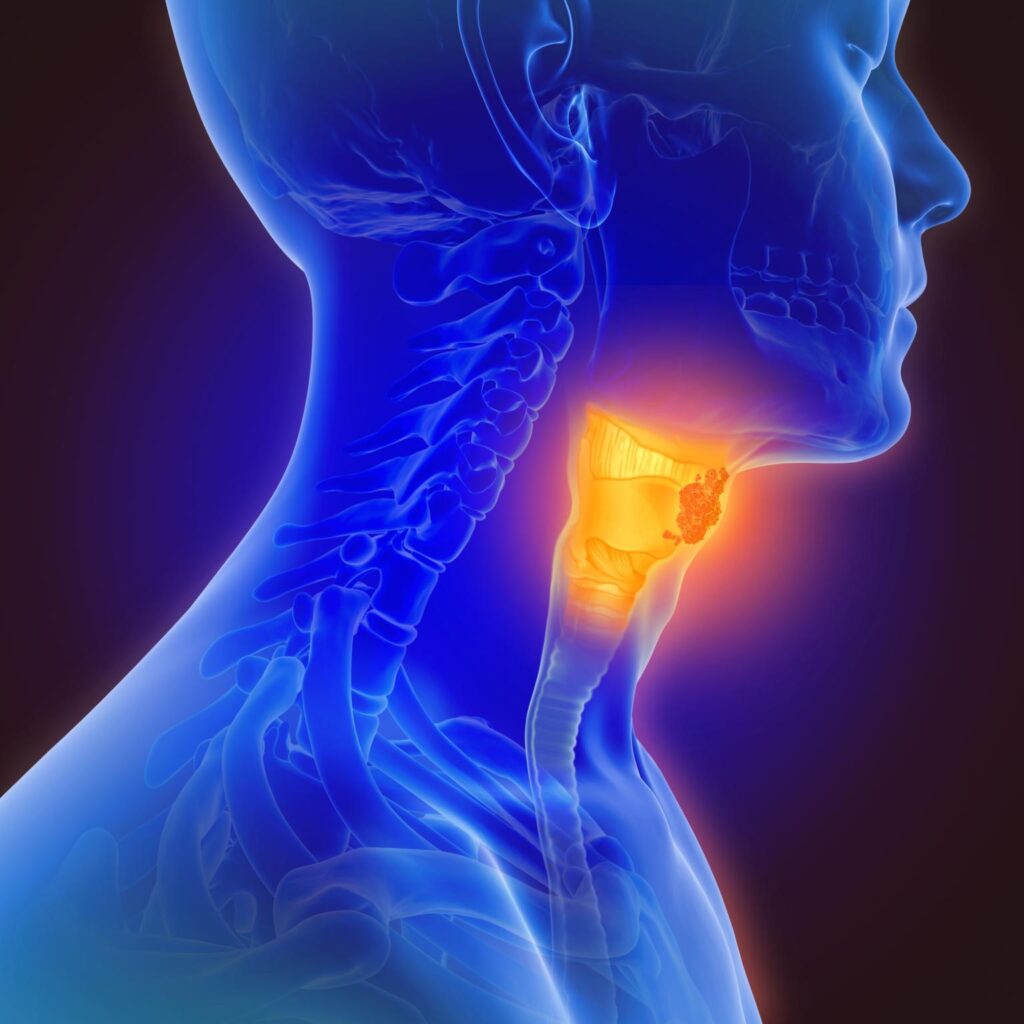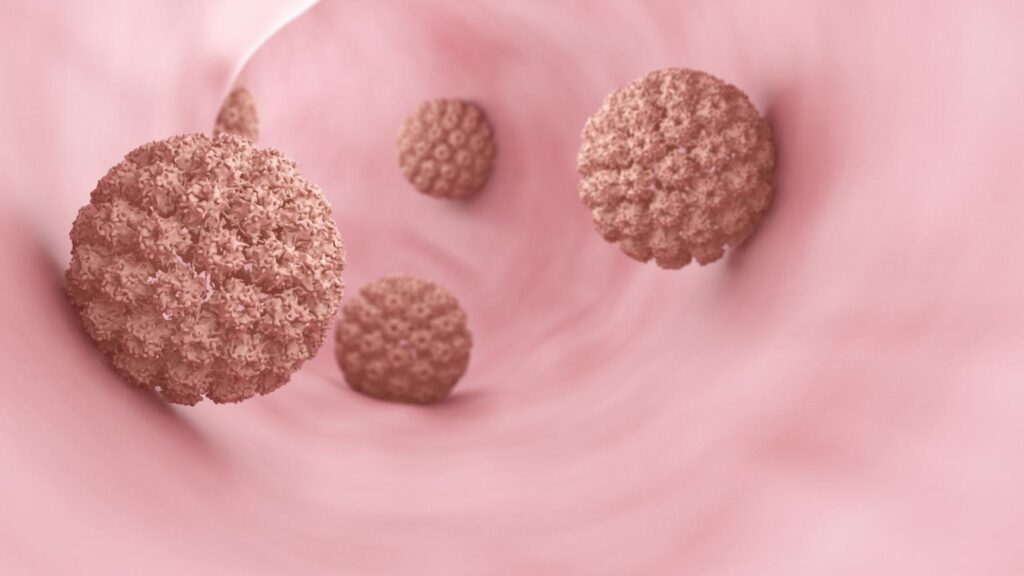A UK head, neck, and thyroid surgeon has identified oral sex as a key factor in the increasing number of throat cancer cases today.
Oropharyngeal cancer, a form of head and neck cancer, traditionally affects people aged 50 to 80 but is now becoming more common among younger individuals due to its connection with the human papillomavirus (HPV).
The World Health Organization reported that over 10,000 Americans were diagnosed with oropharyngeal cancer in 2023.

Dr. Hisham Mehanna, a professor at the University of Birmingham, UK, stated that people with six or more lifetime oral sex partners are 8.5 times more likely to develop oropharyngeal cancer compared to those who do not engage in oral sex.
“HPV is sexually transmitted, and for oropharyngeal cancer, the main risk factor is the number of lifetime sexual partners, particularly those involving oral sex,” Dr. Mehanna wrote on the Conversation research platform.
This cancer affects the middle part of the throat, including the soft palate, tonsils, the back of the tongue, and the sides and back of the throat.

Symptoms can include a persistent sore throat, difficulty swallowing, restricted mouth opening, tongue movement issues, unexplained weight loss, ear pain, lumps near the mouth, throat or neck, persistent white patches on the tongue or mouth, and a cough that brings up blood.
Treatment may involve radiation, chemotherapy, a combination of both, or surgery to remove tumors.
HPV-related oropharyngeal cancer tends to have a better prognosis than cases linked to heavy smoking or drinking, with about 70% of patients surviving five years or longer after diagnosis.
Mehanna explained that most people clear HPV infections naturally, but a few may not due to potential immune system deficiencies. In these cases, the virus can persist and possibly integrate into the host’s DNA, leading to cancerous changes.
He advocates for HPV vaccination for both boys and girls, as recommended by the US Centers for Disease Control and Prevention, starting at ages 11 or 12, or as early as 9, with catch-up vaccinations available up to age 27.
While Mehanna acknowledges some controversy around HPV vaccination—due to concerns about safety, necessity, or fears of promoting promiscuity—he adds, “As with all matters involving behavior and populations, it’s never simple or straightforward.”
